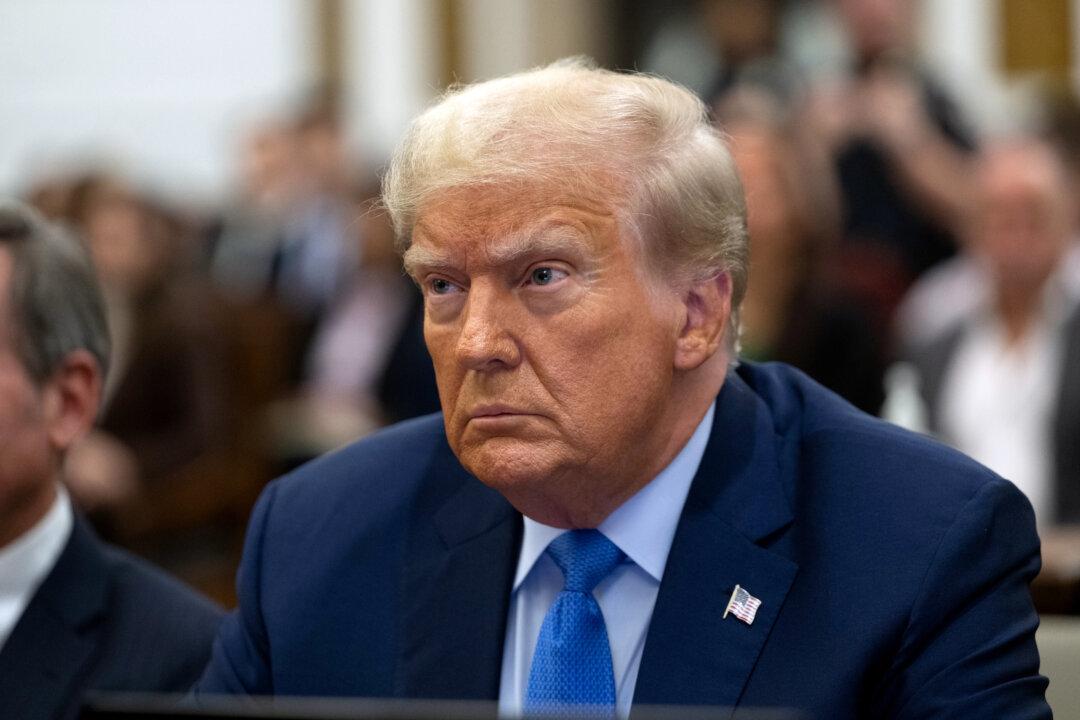Several Republican lawmakers expressed concern about recent articles claiming that former President Donald Trump would become a “dictator” if he’s elected in 2024.
An article written by Robert Kagan, published by the Washington Post, included a headline that blared, “A Trump dictatorship is increasingly inevitable. We should stop pretending.” He wrote: “There is a clear path to dictatorship in the United States, and it is getting shorter every day. In 13 weeks, Donald Trump will have locked up the Republican nomination.”





